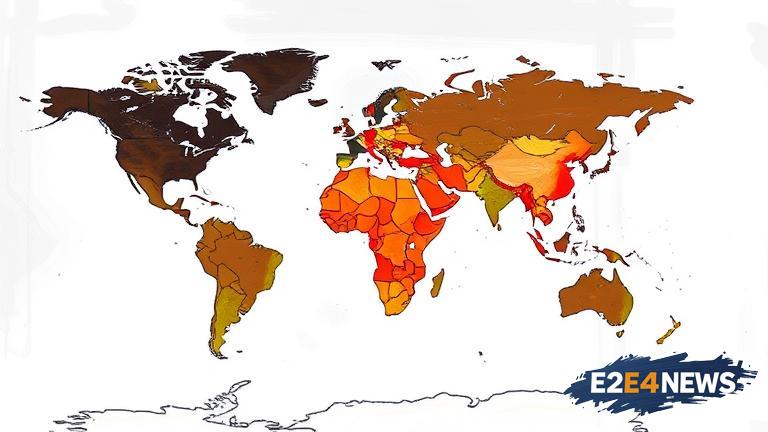The world is grappling with the devastating impact of climate change, and one of the most pressing concerns is the increasing number of deaths caused by heatwaves. Heatwaves, which are prolonged periods of abnormally hot weather, can be deadly, especially for vulnerable populations such as the elderly, young children, and those with pre-existing medical conditions. However, attributing deaths to heatwaves is a complex task, and scientists are working to develop methods to accurately track and quantify the impact of heatwaves on human health. According to recent studies, heatwaves are responsible for thousands of deaths worldwide each year, with the number expected to rise as the planet continues to warm. The science behind tracking climate-related deaths in heatwaves involves analyzing temperature data, mortality rates, and other environmental factors to identify patterns and correlations. Researchers use various techniques, including statistical modeling and machine learning algorithms, to estimate the number of deaths attributable to heatwaves. One of the challenges in tracking heatwave-related deaths is the lack of standardized definitions and protocols for reporting heat-related illnesses and deaths. Additionally, many heatwave-related deaths are not directly attributed to heat stress, but rather to other underlying conditions that are exacerbated by the heat. For example, a person with a pre-existing heart condition may die from a heart attack during a heatwave, but the death may not be directly attributed to the heat. Despite these challenges, scientists are making progress in developing methods to accurately attribute deaths to heatwaves. For instance, a recent study used a combination of temperature data and mortality records to estimate the number of heatwave-related deaths in the United States. The study found that heatwaves are responsible for an average of over 1,000 deaths per year in the US, with the number expected to rise as the climate continues to warm. Another study used machine learning algorithms to analyze temperature data and mortality rates in Europe, and found that heatwaves are responsible for thousands of deaths per year. The impact of heatwaves is not limited to human health; they also have significant economic and social implications. Heatwaves can lead to increased energy consumption, decreased productivity, and damage to infrastructure, resulting in significant economic losses. Furthermore, heatwaves can also exacerbate social inequalities, as vulnerable populations are often disproportionately affected. To mitigate the impact of heatwaves, cities and governments are implementing various measures, such as heatwave early warning systems, public education campaigns, and infrastructure upgrades. For example, some cities are implementing cool roof initiatives, which involve coating roofs with reflective materials to reduce the amount of heat absorbed by buildings. Other cities are implementing green infrastructure, such as parks and green roofs, to provide shade and cool the air through evapotranspiration. In addition to these measures, researchers are also working to develop new technologies and strategies to mitigate the impact of heatwaves. For instance, scientists are developing new materials and technologies to cool buildings and reduce energy consumption. They are also working to develop more accurate and reliable heatwave forecasting systems, which can provide early warnings and enable cities to take proactive measures to protect vulnerable populations. Overall, the science behind tracking climate-related deaths in heatwaves is complex and multifaceted, and requires a comprehensive approach that involves researchers, policymakers, and practitioners from various fields. By working together, we can develop more effective strategies to mitigate the impact of heatwaves and protect human health and well-being. The consequences of inaction will be severe, and it is essential that we take immediate action to address the growing threat of heatwaves. The clock is ticking, and the time to act is now. We must work together to develop and implement effective solutions to mitigate the impact of heatwaves and ensure a safer and healthier future for all. The impact of heatwaves is a global concern, and it requires a global response. We must share knowledge, expertise, and resources to develop and implement effective strategies to mitigate the impact of heatwaves. By doing so, we can reduce the number of heatwave-related deaths and protect human health and well-being. The future of our planet depends on it, and it is our responsibility to take action. We owe it to ourselves, our children, and future generations to act now and mitigate the impact of heatwaves.





